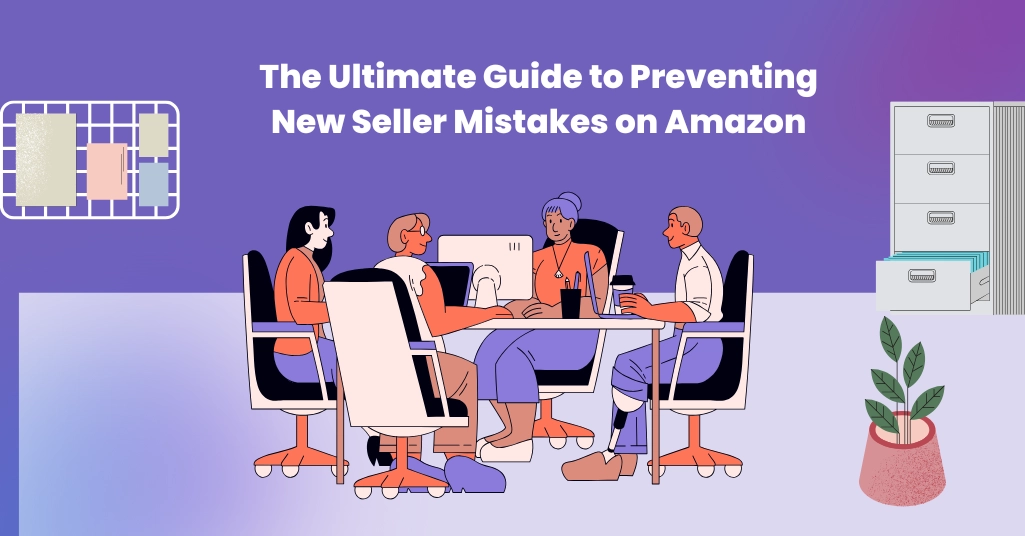Avoid These Amazon Selling Errors for Long-Term Success
 Amazon selling may appear to be intriguing at first. You have millions of buyers at your fingertips, and with FBA and Seller Central, making your brand name appear is easy to do. But once you're in, you'll find it's not as easy as it seems. Most new sellers plunge into the work without knowing how Amazon works. They choose products based on trends, fill them in a hurry, and hope for sales to roll in. And when that doesn't occur, they become frustrated or perplexed.The thing is, Amazon selling has some rules of its own. You need to understand what the platform rewards, how customers shop, and what activities quietly injure your visibility and income. Here, in this blog, we dissect the most prevalent mistakes new sellers make and reveal how to sidestep them in ways that prepare you for long-term success. Whether you’re about to launch or facing disappointing sales, these tips will help you move forward confidently.
Amazon selling may appear to be intriguing at first. You have millions of buyers at your fingertips, and with FBA and Seller Central, making your brand name appear is easy to do. But once you're in, you'll find it's not as easy as it seems. Most new sellers plunge into the work without knowing how Amazon works. They choose products based on trends, fill them in a hurry, and hope for sales to roll in. And when that doesn't occur, they become frustrated or perplexed.The thing is, Amazon selling has some rules of its own. You need to understand what the platform rewards, how customers shop, and what activities quietly injure your visibility and income. Here, in this blog, we dissect the most prevalent mistakes new sellers make and reveal how to sidestep them in ways that prepare you for long-term success. Whether you’re about to launch or facing disappointing sales, these tips will help you move forward confidently.

How to Avoid Costly Mistakes New Amazon Sellers Often Make
Avoid These Amazon Selling Errors for Long-Term Success Amazon selling may appear to be intriguing...
Share this link via
Or copy link